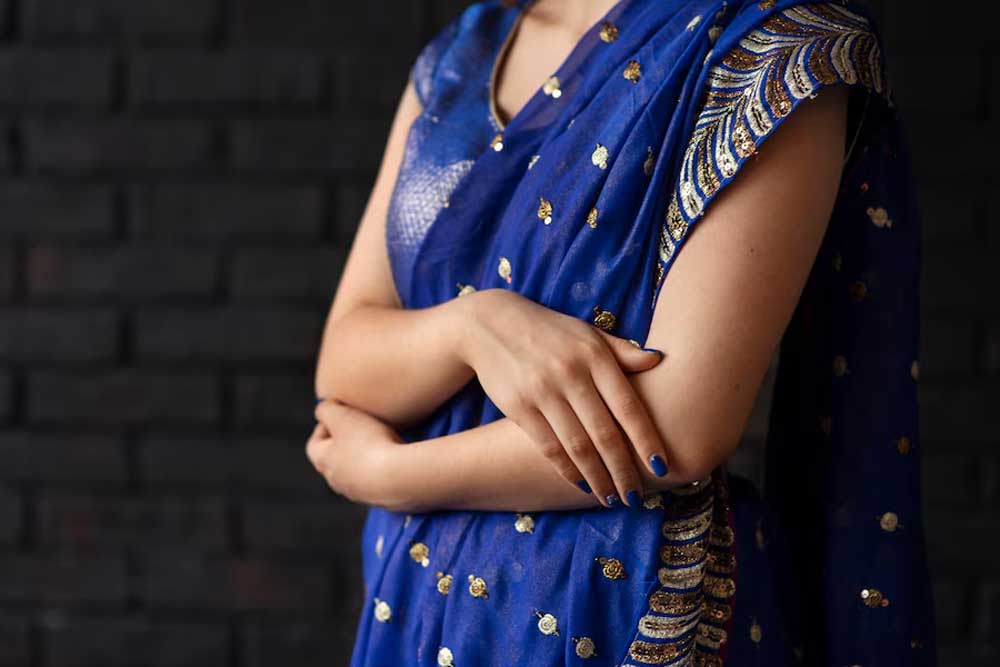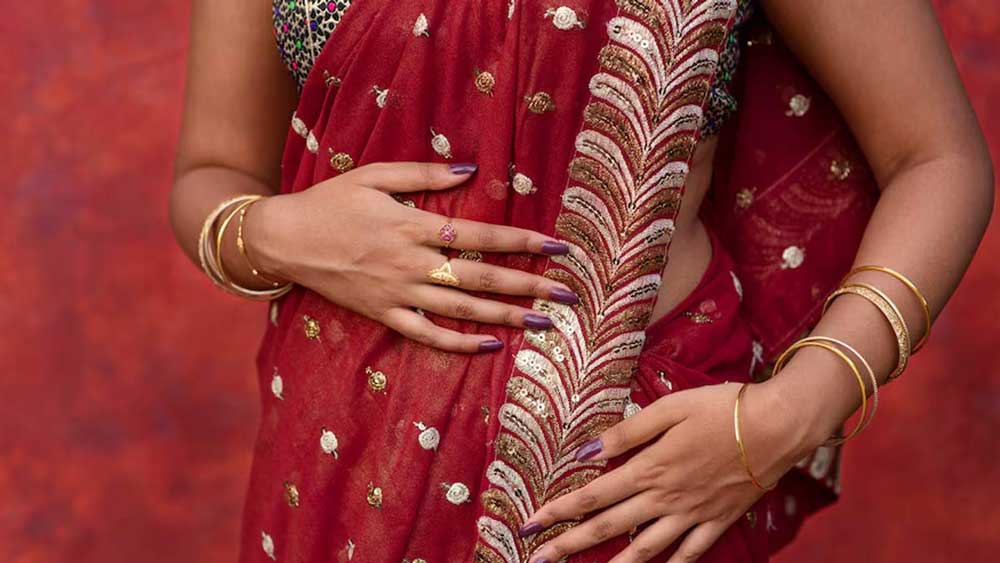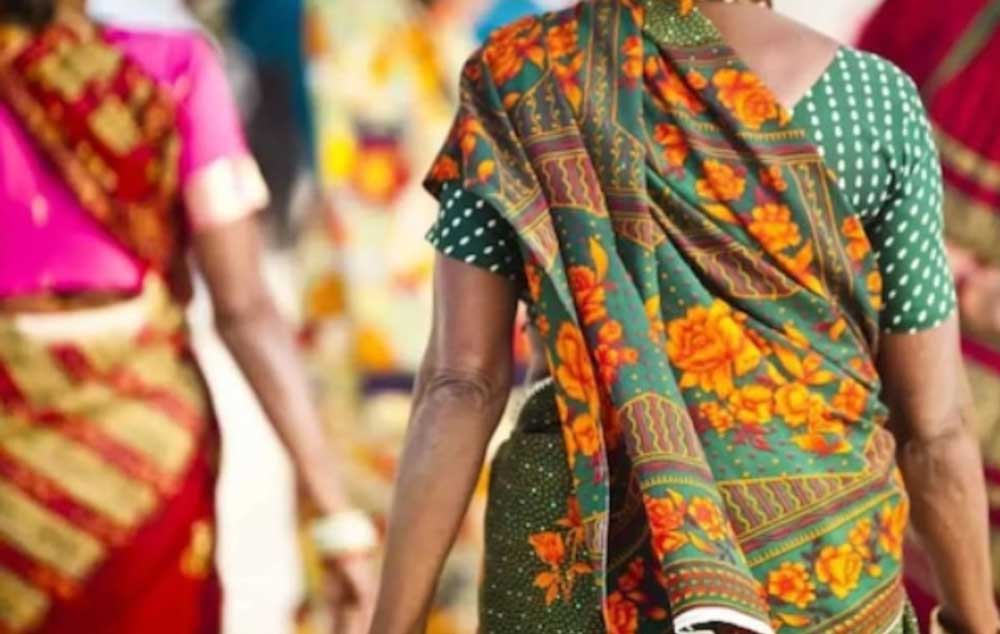In India, the sari is a beloved traditional garment worn by women all over the nation. A majority of Indian women’s wardrobes still include saris, despite variations in textiles and draping patterns throughout states and regions. But a recent study’s findings may give sari enthusiasts cause for thought.

Medical researchers in Maharashtra and Bihar have discovered a troubling problem. According to the research, wearing saris may put a sizable portion of Indian women at risk for cancer. This specific form of skin cancer may appear confusing, given its association with saris. Several Indian women tighten their petticoats when wearing a sari. The experts are really concerned about the tremendous pressure this procedure places on the abdominal region. Tight petticoat tying has been advised against, since it can result in continuous friction and more strain on the skin. This seemingly innocuous behaviour could develop into serious health dangers over time, possibly resulting in skin cancer.

This ailment has been dubbed ‘petticoat cancer’ by researchers, who have referenced multiple instances in which women’s skin cancer was directly caused by wearing tight petticoats. Women have been counselled to wear looser clothing wherever feasible. To reduce the risk, they have been advised to tie the petticoat loosely when wearing a sari. In essence, the likelihood of getting this kind of cancer can be greatly influenced by how a sari is worn.

In a recent paper published in BMJ Case Reports, doctors reported two cases of older women who had Marjolin ulcers, a type of skin cancer. In the first instance, a 70-year-old woman experienced pigmentation loss and an ulcer on her right side. Her petticoat’s tight waist cord caused long-term skin damage that resulted in a Marjolin ulcer.
A similar ulcer eventually progressed to the lymph nodes of a woman in her late 60s who was wearing a lugda, a Chhattisgarh-native saree knotted directly at the waist without an underskirt. Constant pressure on the waist led to skin thinning, erosion, and eventually ulceration, creating a non-healing wound that may undergo malignant change. There have been reports of similar incidents in Chennai, Bengaluru in 2014, and Mumbai in 2020. Even men who wear dhotis are susceptible to this ailment, therefore it is not just a problem for women.
When a garment is wrapped too tightly around the waist, it may obstruct ventilation and cause Marjolin ulcers. In the event that the chord is left in place at the same level throughout the abdomen, it may cause 'dermatoses', which are skin irritations. Ulcers brought on by this irritation have the potential to develop into cancer in some situations.

Although 'sari cancer' is an uncommon ailment, specialists are now alerting people to its potential dangers. Doctors advise avoiding any discomfort that can result in serious conditions like Marjolin ulcers by adopting a wider waistband, releasing the petticoat cord, and practicing good hygiene.
Image source: Mathrubhumi, FirstPost, Only My Health, News 18